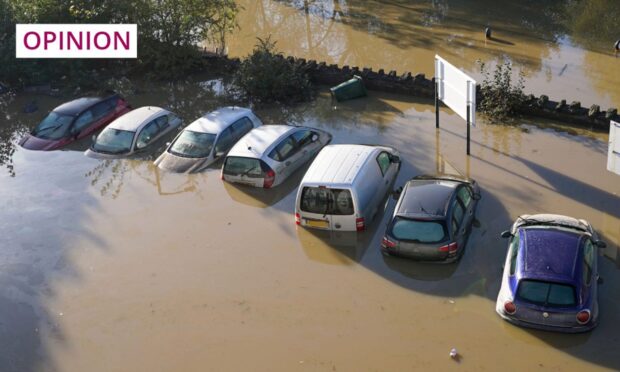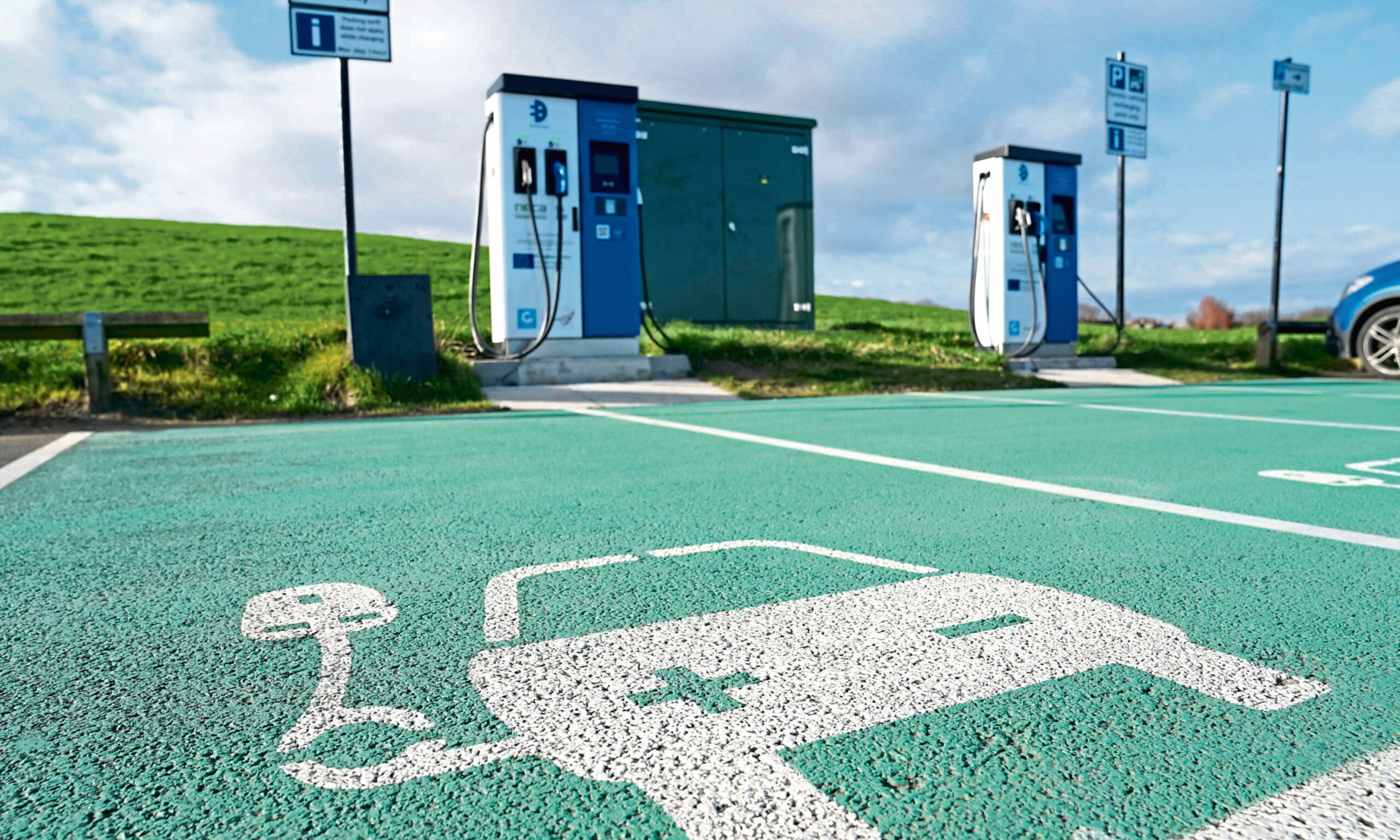Car-buying for many is a necessary evil.
Spending thousands of pounds on something that will depreciate at an alarming rate and signing up for expensive servicing costs, hefty repair bills when something goes wrong, and the soaring costs of car insurance ensure that most people dread it when the time comes to make a change.
As a bit of a petrolhead, I prefer to view the experience as an enjoyable challenge, almost a hobby, and will spend days or weeks scouring adverts and websites looking for the next vehicle. I’ll happily travel hundreds of miles to pick up the car I think best ticks the boxes on my wish list.
As I invariably now opt for second-hand rather than new cars to avoid the worst of the depreciation, there is always an element of chance when I finally hand over the money and drive my new acquisition home. Inevitably, over the years, I’ve had a rollercoaster experience.
Some cars have turned out to be exactly as I hoped – comfortable, reliable and reasonably economical. Others, such as a Bentley I bought to celebrate my retirement, have been absolute lemons, with such complicated technology that hardly a month passed without one of the highly-sensitive sensors triggering a warning light, and a 270-mile round trip to Edinburgh to have it checked out.
The pros and cons of an electrified future
The heavy snow and ice of the last week, coming hard on the heels of biblical rainfall for the month before that, has set me thinking about what will happen when the time comes to begin the search for the next car.
Where, previously, the choice boiled down to diesel or petrol, nowadays there is real pressure to consider the electric option. I did take the first tentative steps towards the zero-emission option last year, and opted for a hybrid. I am now much more reluctant to go down the fully electric route.
According to the Zapmap website, almost one million fully electric vehicles (EVs) were sold in the UK last year, and a further 600,000 hybrids. Nearly 20% of all vehicles sold last month were electric, and that figure rises to 28% when hybrids are included.
The march towards electrification is undoubtedly gaining pace. And, with the sale of new petrol and diesel cars to be banned in 2035, that trend can only increase.
Ignoring the expensive and environmentally damaging process involved in making the lithium-ion batteries which power EVs, the future will assuredly see cleaner air, less road noise and lower servicing costs for car owners. Surely a good thing?
And, yet, there is a distinct possibility that the future of motoring may not be all that rosy. The rain and snow drifts we have witnessed over the last few weeks have left extensive reports of roads flooded or impassable, and thus blocked by stranded vehicles.
It is not difficult to foresee a situation where values of second-hand vehicles with little or no battery warranty will fall off a cliff
In the Lake District late last year, hundreds of vehicles and their passengers were stranded overnight by heavy snow.
What will happen when we are all driving EVs and the extreme weather we’re told will only become more prevalent due to climate change causes closes in? Keeping the heating on in sub-zero temperatures will rapidly drain power, and the dawn will break on dozens of vehicles with flat batteries, totally unable to move even when the roads have been cleared.
Is making the switch too soon a gamble?
Then there is their battery life. Current estimates are that batteries have a lifespan of 10 to 20 years, and that will inevitably increase as technology advances. Yet, manufacturer warranties are typically for between eight and 10 years.
With the cost of a replacement coming in at between £4,000 and £16,000, it is not difficult to foresee a situation where values of second-hand vehicles with little or no battery warranty will fall off a cliff. Who, in their right mind – even including me – would buy a used vehicle with the knowledge that a new battery has to be factored into the running costs?
As one of those who fell for the government advice a few years ago to switch to diesel cars because they were better for the environment, I will not make the same mistake again. It may well be that electric cars do really become the future of motoring, but I’ll wait a little longer before making the leap into that particular unknown.
Derek Tucker is a former editor of The Press and Journal


Conversation